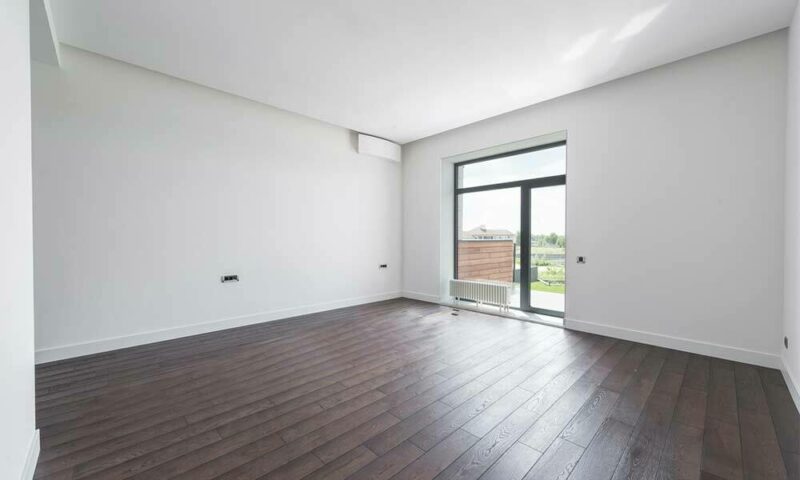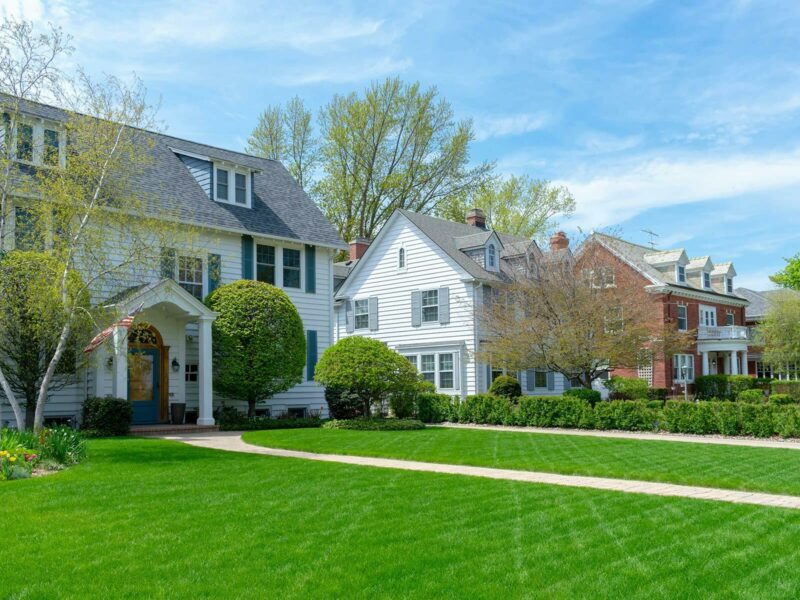Article Excerpt
The way you set up a rental situation in your primary residence could mean the difference between nice extra income and foreclosure. Do your research!
Most people who own a residential property use it as their “primary residence.” Typically, this is the location where you spend most of the year, that is near your place of work, and/or that appears on official documents like your tax return, voter registration card, and driver’s license.
Here are the most essential considerations in case you’re interested in renting out the house you live in.

Photo by Max Vakhtbovych from Pexels
Ways to Rent Out Your Primary Residence
You have multiple options for renting out your home. First, you may be able to choose how much of your home to rent out:
Renting all of the property: You vacate the property and make it available in its entirety to renters. Review your loan terms carefully to understand how to retain primary residence status if you rent out all the property!
Renting part of the property: You continue to live in the property, but you make part of it available to renters. For example, you might rent a room or a detached apartment to someone. As long as you remain living in the property, it will remain your primary residence.
You also have options with regard to the type of rental that you offer:
Long-term rental: You allow someone to use all or part of your property as their primary residence. You might rent a room or garage apartment to a student for the school year, or make it available to a tenant for a specified lease term like six months. Again, check your loan terms as to how to retain primary residence status.
Short-term rental: You rent all or part of the home to renters for a period of a few days to a few weeks. Websites like Airbnb and Vrbo assist homeowners who want to use their homes for short-term rentals.

Things to Watch Out for When Renting Your Primary Residence
You must be careful to abide by local codes and loan terms. Large consequences are possible if these are not followed.
Violating Loan Terms
Some loan programs are only eligible for use on primary residences. For example, if you use an FHA loan (popular for first-time homebuyers), you must occupy the property for “the majority of the calendar year.” If occupancy fraud is discovered, your lender can foreclose on the property and the FBI may become involved. You may also find it more difficult to qualify for mortgages in the future. Serious stuff!
Landlord Obligations
Just because you’re renting out your primary residence doesn’t mean you’re exempt from local landlord laws. You may be liable for damages and other penalties if you violate any of the laws and regulations that govern long- and short-term rental properties:
Local and state laws governing the landlord-tenant relationship
Local building codes
Local and state laws governing short-term rentals
Local, state, and federal laws prohibiting housing discrimination
How soon can you rent out a primary residence?
If your loan program states you must wait 6 or 12 months before renting out a primary residence, do you have to wait even if you live in it? The answer is no. If you live in the home for most of the year, it is still your primary residence and you may rent out rooms.

Advantages of Renting Out Your Primary Residence
Now for the fun part. Renting out your primary residence offers numerous benefits.
Rental Income
This one’s obvious: you gain a source of revenue when you rent property that you own. Just keep in mind that the expected rental income from your primary residence will not help you qualify for a mortgage if you could not otherwise qualify from your personal income alone.
Tax Deductions
When you rent residential property to someone, you are essentially running your own business. Many of the expenses associated with maintaining the property may be tax-deductible. Those same expenses would not be deductible if the property were just your primary residence. You may also be able to claim depreciation of the property as a deduction. You should talk to an accounting professional about the specific deductions you could claim.
Tax Loss Carryforwards
You might lose money at first from renting out a property, or a dip in the economy could wipe out your profits. The IRS may allow you to carry business losses forward to offset future profits.
Homestead Exemption
Under Texas law, several exemptions apply to your primary residence. Your homestead is completely exempt from seizure in a bankruptcy case, for example. A portion of the home’s value is exempt from property tax. You risk losing these exemptions if you convert it from your residence to a rental property.
Avoiding Capital Gains Taxes
Your primary residence is not subject to capital gains tax, but a rental property is. Some exceptions may apply, such as if you use the proceeds from the sale of a rental home to buy another rental home, known as a “1031 exchange.”
Familiarity with the Property
You are probably much more familiar with your primary residence and its maintenance needs than you would be if you bought a property specifically for the purpose of renting it. You might have a clear idea of when the property needs specific types of maintenance, which allows you to be more responsive to your tenants’ needs. Keeping your tenants happy should make your jobs as a landlord easier.
Looking to rent out your own place?
Renting out your primary residence may take a little work, but the benefits are huge. Watch your home value rise as you save on home ownership costs. It’s a double win!
Your first step is to see which mortgage options you qualify for. Get started with our easy online form!



